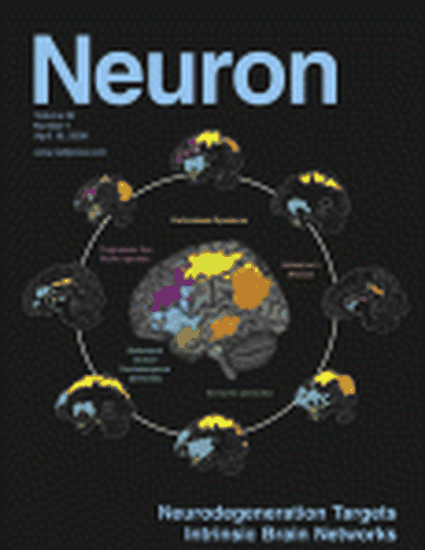
Article
Visual Deprivation Suppresses L5 Pyramidal Neuron Excitability by Preventing the Induction of Intrinsic Plasticity
Neuron
(2010)
Abstract
In visual cortex monocular deprivation (MD) during a critical period (CP) reduces the ability of the deprived eye to activate cortex, but the underlying cellular plasticity mechanisms are incompletely understood. Here we show that MD reduces the intrinsic excitability of layer 5 (L5) pyramidal neurons and enhances long-term potentiation of intrinsic excitability (LTP-IE). Further, MD and LTP-IE induce reciprocal changes in Kv2.1 current, and LTP-IE reverses the effects of MD on intrinsic excitability. Taken together these data suggest that MD reduces intrinsic excitability by preventing sensory-drive induced LTP-IE. The effects of MD on excitability were correlated with the classical visual system CP, and (like the functional effects of MD) could be rapidly reversed when vision was restored. These data establish LTP-IE as a candidate mechanism mediating loss of visual responsiveness within L5, and suggest that intrinsic plasticity plays an important role in experience-dependent refinement of visual cortical circuits.
Disciplines
Publication Date
January 11, 2010
DOI
10.1016/j.neuron.2010.09.033
Citation Information
Kiran Nataraj, Nicolas Le Roux, Marc Nahmani, Sandrine Lefort, et al.. "Visual Deprivation Suppresses L5 Pyramidal Neuron Excitability by Preventing the Induction of Intrinsic Plasticity" Neuron Vol. 68 Iss. 4 (2010) p. 750 - 762 Available at: http://works.bepress.com/marc-nahmani/7/
